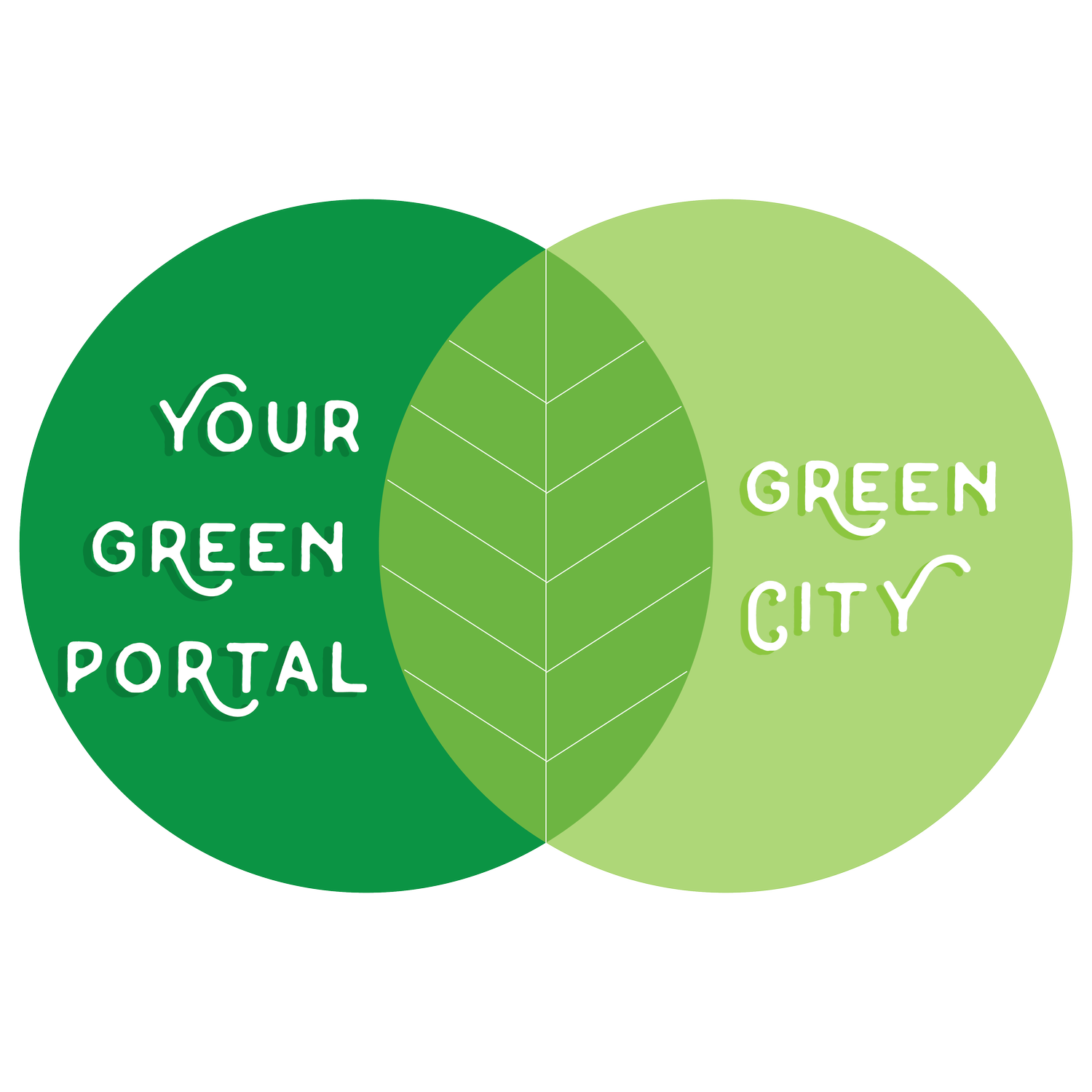Welcome to our continuing focus on the Seven Capitals – Natural, Social, Financial, Political, Human, Cultural, & Built. Bob Riley Jr., my co-host for this series, is the one who approached me with this idea four months ago and I loved the idea so here we are!
Our goal with this series is to dream of an aspirational post-Covid world where we emerge as better versions of ourselves, both as individuals and as communities. We are embracing an outlook of positivity and a belief in the possibility of environmental, social and economic sustainability for all, via civil dialogue and community engagement.
Today is our 6th show and we focus on the 5th capital – Human.
In its simplest form, human capital reflects the investments that people make in their education, on-the-job training, or health. Such activities translate into improved knowledge, skills, and health status for individuals – factors that increase their human capital stock (Flora and Flora, 2008).
Human Capital, as further defined in the University of Nebraska-Lincoln, Agricultural Economics article, “it includes the skills and abilities of residents as well as the capacity to access outside resources and knowledge in order to increase understanding and to identify promising practices (education, health, skills, and youth).”
Our distinguished guests for today’s discussion are:
- Dr. Marvin DeJear, Senior Vice President of Talent Development for the Greater Des Moines Partnership
- Dr. John Woell, Senior Vice President and Academic Dean at Simpson College.
Bob laid the groundwork for our discussion by sharing expanded definitions and examples of Human capital. Explaining that this capital is really the characteristics and potentials of individuals that are determined by nature and nurture, or genetics and the social interactions in your environment. He also stressed that communities with good shares of educated, healthy, and skilled workers, also benefit, especially in their capacity to remain resilient during periods of economic uncertainty.
Marvin and John shared their varied experiences with helping individuals discover ‘who they are’ so that they can then align their values and skills with what is needed in the workplace as well as in the broader community. It was a great conversation and a few of their thoughts are shared below.
Key Takeaways:
- We need to meet people where they’re at in order to help them develop further skills
- You also need to build trust with people in order to help them with a path that’s tailored for them
- It’s important for all of us to think about ‘what the world needs’ and ‘what I have to offer’.
- There’s always a place for someone in this world and finding that place is key
- We need to make sure that every single person has the opportunity to be all that they can be
- We need to be clear about what success means; it means all of us succeeding together
“The strength of the team is each individual member.
The strength of each member is the team.”
~ Phil Jackson
“If everyone is moving forward together, then success takes care of itself.”
~ Henry Ford
“Diversity is being invited to the party; Inclusion is being asked to dance.”
~ Verna Myers
Thank you for listening to today’s discussion. Let’s continue to engage and learn from each other.



